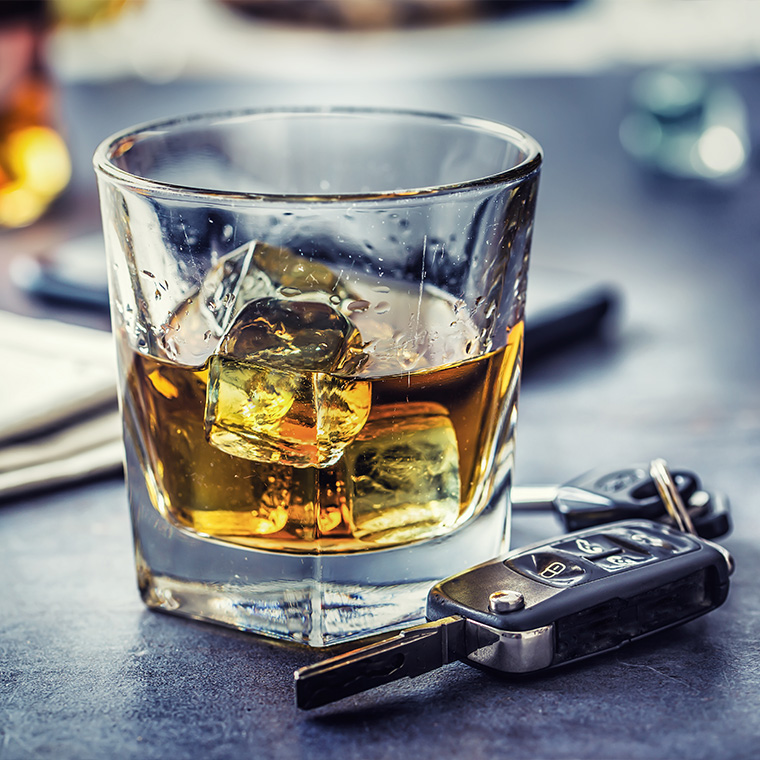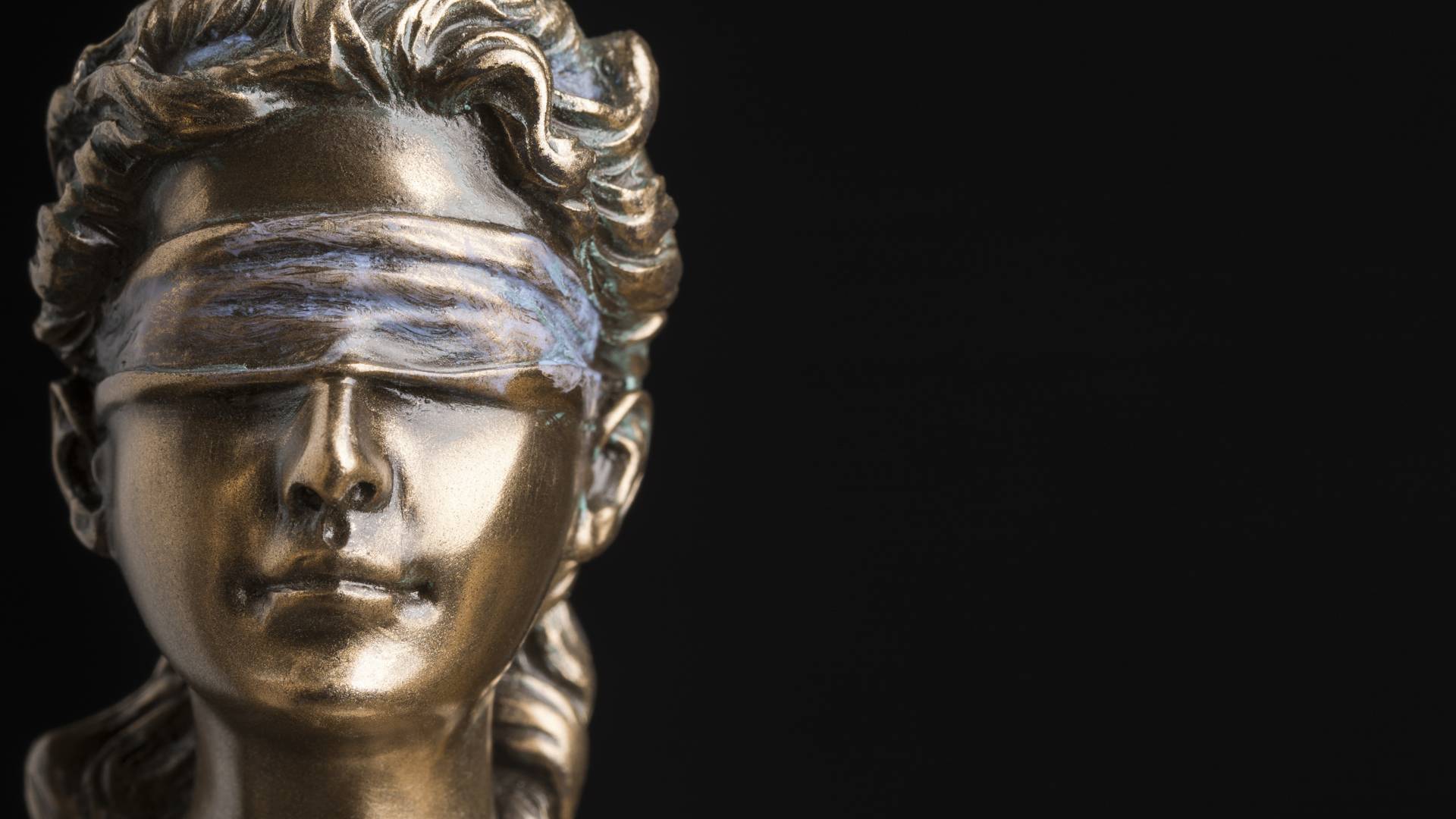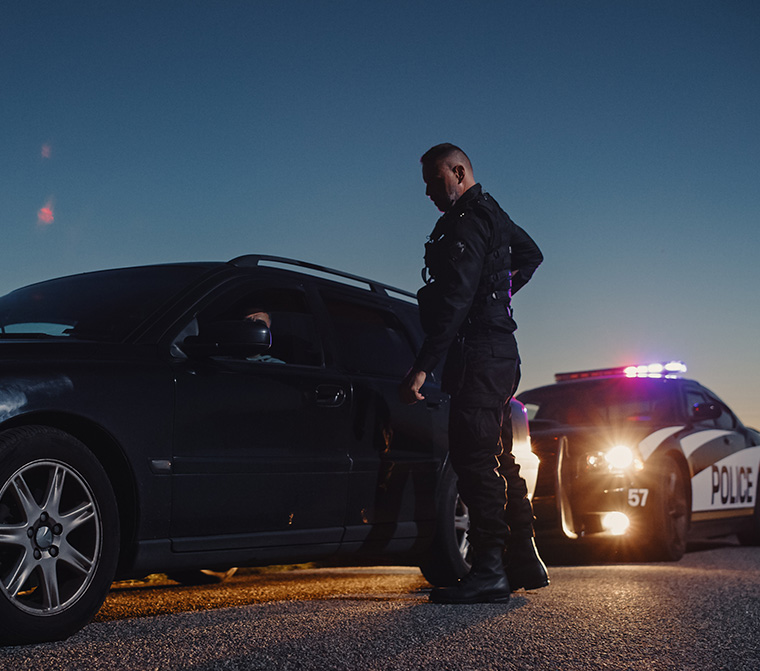
Marijuana DUI
Arizona's Marijuana DUI Laws: The Definitive Guide
Proven Marijuana DUI Lawyers in Phoenix and Scottsdale, AZ
If you are arrested for a marijuana DUI in Scottsdale, Phoenix or another city in Arizona then there are some things you need to know.
Most people don’t realize that there is more than one way to violate Arizona’s Marijuana DUI laws in Arizona. Actually, there are two distinct ways the consumption of marijuana can result in a DUI under Arizona law.
In plain English, the law provides it’s illegal to drive (or be in actual physical control) of a car while either:
- Impaired by marijuana, or
- Having a form of the drug in your body without a valid medical marijuana card.
However, if you drive after any potential effects of marijuana have subsided then it’s legal to drive with a medical marijuana card. Arizona law has determined this is an affirmative defense.
Accordingly, having a medical marijuana card is not a complete defense. A valid card does not permit you to drive under the influence of marijuana to the point of impaired.
Here is the tricky part: law enforcement does not have a valid method to determine to impairment caused by marijuana. They claim to have something called a “Drug Recognition Evaluation,” but it lacks any scientific validity.
This is a little nuts:
Imagined you consume marijuana on a Sunday. However, you don’t have a medical marijuana card. The next day, well after the effects of the drug have worn off, you go to work. After putting in a full day’s work you drive home. Under the current version of Arizona’s law, your prior use of Marijuana, results in a DUI – despite the fact you are not impaired…to any degree.
The Legal Danger of Prior Use
Arizona Marijuana DUI laws present a real risk of convicting innocent people from prior use. A primary reason is legislation that contradicts what science tells us is true about the drug. However, recently much of the scientific reality about marijuana has made its way to a number of higher courts. This includes the Arizona Supreme Court. As a result, the current state of Arizona law provides that longer periods of prior marijuana use should not, alone, support a DUI conviction.
Click to Download Report.
"Thus, there are currently no evidence-based methods to detect marijuana-impaired driving." - NHTSA Marijuana-Impaired Driving: A Report to Congress (2017) p. 13
However, while many of the myths about the meaning of a positive marijuana test result have been discarded – the world views of the people that previously prosecuted such cases still remain. These world views are plainly evident in the way some jurisdictions now prosecute alleged marijuana DUI cases based upon junk science.
While no reasonable person would advocate for a person to drive while impaired by a drug, what should be equally concerning is the wrongful prosecution of someone based up a scientific-sounding opinion lacking any basis in real science. After all, the American justice system was founded on the fundamental principle that “it is far worse to convict an innocent man than to let a guilty man go free.” In re Winship, 397 U.S. 358, 372, 90 S. Ct. 1068, 1077, 25 L. Ed. 2d 368 (1970).
Marijuana or Cannabis?
What is the difference between marijuana and cannabis? For the most, part the answer is the people who use each term. Both labels refer to the same thing: the cannabis plant. Scientists use the term cannabis. The rest of us often use the term marijuana or slang version of the word.
In order to understand what the law prohibits we need to define some terms referenced by Arizona marijuana laws. The includes what we commonly refer to as marijuana.
What Are Cannabinoids?
You may have also heard the term “cannabinoids.” The cannabis plant has an estimated over 400 chemicals. And over 60 of these chemicals, make up the class of chemicals called cannabinoids. Cannabinoids interact with receptors within your central nervous system to produce their effects. There are several subclasses of cannabinoids. For example:
Important Marijuana Case Law in Arizona
State v. Jones (2019)
Arizona Supreme Court held Cannabis Concentrates are Protected Under Arizona Medical Marijuana Act (AMMA). The holding ruled something that was already seemingly obvious to most – the definition of marijuana goes beyond just lower and leaf form of the plant. It also includes cannabis resin.
State v. Maestas (2018)
Adding to the list of locations where possession of marijuana is prohibited under the Arizona Medical Marijuana Act (AMMA, § 15-108(A)) violated the Voter Protection Act (VPA) and was unconstitutional as applied to AMMA-compliant marijuana users on a public college or university campus.
Ishak v. McClennen (2018)
Describe the item or answer the question so that site The Arizona Court of Appeals held:


Hear From the People We’ve Helped
Testimonials and Reviews
At The Koplow Law Firm, your satisfaction is our priority! See for yourself what our clients have to say about working with us.
-
"Great trial attorney."
Lawrence is tenacious, relentless, and extremely passionate about his clients and their cases. He leaves no stone unturned in his investigations, and his cross examinations are grueling. His knowledge of the science of DUI's and the testing procedures is unsurpassed. Great trial attorney.
- Jesse S. -
"Unquestionably one of the top DUI/ criminal defense attorneys in Arizona."As a practicing attorney in DUI and criminal defense, and as a former prosecutor who went against Lawrence on several cases, I can attest that the State knows they will have their hands full when Lawrence is on the case.- Ryan M.
-
"You cannot go wrong with Lawrence."
Great attorney! Lawrence thinks outside the box and goes above and beyond for his clients and the legal community at large. If you are looking for aggressive representation, you cannot go wrong with Lawrence.
- Charity C. -
"No other lawyer knows the science of DUI like Lawrence does."Lawrence is the best lawyer I have ever met. If your career is on the line then he is the guy. No other lawyer knows the science of DUI like Lawrence does. I will be forever grateful!- Greg S.
-
"It was miracle!"
It was miracle!... A lot of people don't really understand the benefit of having an attorney who used to be a prosecutor. They know all the little tricks and scare tactics the state has as opposed to just hiring an attorney who is a little fish in a big pond.
- Joe C. -
"One of the best."Lawrence Koplow is one of the best DUI and vehicular defense attorneys in the state of Arizona. Anyone would be extremely fortunate to have him as their advocate.- Jack L.
-
"You cannot go wrong with Lawrence."Lawrence thinks outside the box and goes above and beyond for his clients and the legal community at large. If you are looking for aggressive representation, you cannot go wrong with Lawrence.- Charity C.
-
"Nobody knows the court and laws better than him."Lawrence represents very high-profile clients who greatly depend on a good outcome, and this guy will deliver. This is a prosecutors' worse nightmare, and it should be that way if you need an attorney.- David E.
Arizona Marijuana DUI FAQS
Have questions? We are here to help. Still have questions or can't find the answer you need? Give us a call at 602-560-7837 today!
-
What is drug metabolism?
After consuming marijuana (cannabis) it's broken down by your liver. Drug metabolism is what your body does to a drug to eliminate it. It is also called xenobiotic metabolism. The rate of metabolism determines the duration of a drug's pharmacologic action.
-
How does Marijuana effect the human body?
It is common knowledge that the higher your alcohol concentration, the more severe your intoxication. However, marijuana does not affect you the same as alcohol. The highest levels of the active part of marijuana (THC) are usually in your blood within about 3 to 10 minutes following inhalation. This does not mean the concentration of the drug will be at its highest level in that time frame. The concentration of THC in a blood sample simply has no correlation with a level of impairment. Marijuana’s maximum influence on your performance usually manifests in 20 to 40 minutes after inhalation, yet this is also during the time period when your THC levels are rapidly falling. (Sewell et al., 2009). Science has yet to meaningfully quantify how and to what extent marijuana impairs us. While it is “well established that alcohol consumption increases accident risk, evidence of cannabis’ culpability in on-road driving accidents and injury is far less robust” (Armentano, 2013). In sum, the presence of marijuana in your blood is simply not a reliable indicator of psychomotor impairment.
-
What are Cannabinoids?
Cannabinoids are the active constituents in cannabis.
-
What is Carboxy-THC?
Consider Carboxy-THC as the grandchild of THC. It's a secondary metabolite. After being converted to Hydroxy-THC, it is eventually metabolized into Carboxy-THC. Carboxy-THC is not psychoactive. It is not capable of causing impairment.
-
What is Hydroxy THC?
Hydroxy THC is the primary metabolite of THC. Think of Hydroxy-THC as the child created by THC. Enzymes in your liver convert THC (delta-9-THC) into Hydroxy-THC (11-OH-THC). Hydroxy-THC is a psychoactive drug. This means it is capable of causing impairment.
-
What is THC?
THC is also known as “Delta-9-tetrahydrocannabinol” or delta-9-THC and is the primary psychoactive constituent in marijuana (cannabis). Enzymes in your live alter it into other substances called metabolites. This the chemical that produces a "high" and can result in impairment.
-
What are the signs someone may be impaired by marijuana?
There are many legitimate signs and symptoms that a person may be impaired marijuana, but unfortunately, investigations often go well beyond actual science. For example, law enforcement will often testify they a green tongue means a person is impaired by marijuana. This proposition has no basis in science yet it taught by the National Highway Traffic & Safety Administration to officers across the United States.
One court that looked into NHTSA’s green tongue theory found: State has presented nothing, no scientific studies and no case law or other authority, to support the reliability of the trooper’s concern regarding the condition of Hechtle’s tongue. Cf. State v. Wheeler, No. 24397–1–II, 100 Wash.App. 1062, 2000 WL 646511, *2 n. 2, 2000 Wash.App. LEXIS 779, *7 n. 2 (Wash.Ct.App. May 19, 2000) (“Although we assume the officer’s assertion to be true for the purposes of this opinion, we are nevertheless skeptical as to its accuracy. We find no case stating that recent marijuana usage leads to a green tongue.”). State v. Hechtle, 2004 UT App 96, ¶ 13, 89 P.3d 185, 190
Even the Arizona Court of Appeals has held the mere “scent of marijuana, standing alone, is insufficient evidence of criminal activity to supply probable cause for a search warrant.” State v. Sisco, 2 CA-CR 2014-0181, 2015 WL 4429575, at *1 (2015)
-
How to test under the influence of marijuana?A chemical test cannot determine if you are impaired by THC. The only thing a blood, urine or saliva test can do is show prior use of the drug.
DUI Library
The best DUI defense stuff that only a few know and none want to share. A one of a kind annotated resource for lawyers, people accused, or anyone who wants to see what’s going on in our justice system with DUI cases… and how to fix it.
-
Scottsdale DUI Definitive GuideScottsdale DUI Definitive Guide
-
The Definitive Guide to Defeating an Arizona DUIThe Definitive Guide to Defeating an Arizona DUI
-
Field Sobriety Tests in Arizona DUI CasesField Sobriety Tests in Arizona DUI Cases
-
Traffic Stops in Arizona DUI CasesTraffic Stops in Arizona DUI Cases
-
Warrantless Blood Draws in Arizona DUI CasesWarrantless Blood Draws in Arizona DUI Cases
-
Right to Counsel in Arizona DUI CasesRight to Counsel in Arizona DUI Cases
-
Failure to Preserve EvidenceFailure to Preserve Evidence






